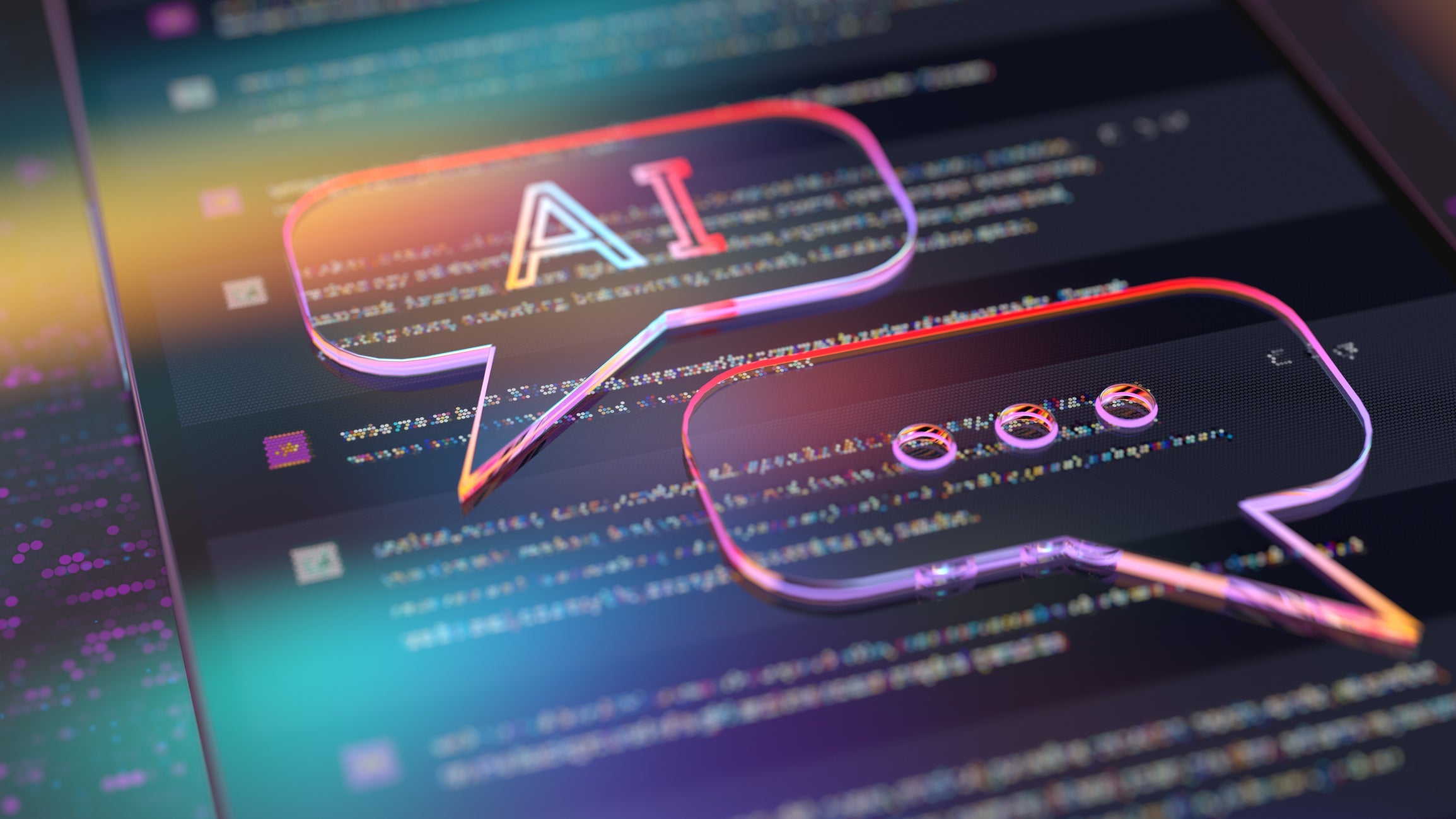The Admissibility of Deepfake AI Evidence
Tony Sheffy

Social Media Evidence
As trial lawyers we have become comfortable with the arguments as to why social media should be excluded or admitted into evidence. Admissibility requires that the evidence be authenticated and relevant, and that its probative value must outweigh the prejudicial effect. Although all evidence is subject to manipulation, social media evidence is typically more easily manipulated or falsified than other forms of evidence. While evidence may meet the criteria for basic admissibility, lawyers employ a range of strategies, including obtaining account information from social media platforms, analyzing metadata and IP address data, and eliciting testimony from digital forensic experts to establish credible evidence.
However, the level to which social media evidence can be manipulated is light years behind the ability of artificial intelligence (“AI”) to create deepfake evidence. A deepfake is the manipulation of an image or video to such a degree that determining what is real becomes not only difficult, but in many cases impossible for the average viewer.
Deepfake AI Evidence
When it comes to deepfake evidence generated by AI, it is likely that trial courts will continue to employ the fundamental rules of admissibility as they have to social media postings. The evidence must be credible evidence, be authenticated, and must be relevant. Likewise, the probative value cannot be outweighed by the prejudice created by the evidence.
Just as with social media postings, lawyers may attempt to establish deepfake AI evidence as credible evidence by bringing in forensic experts who can attempt to determine whether the evidence has been enhanced or altered. However, in “everyday cases,” the cost of experts will not be justified by the amount at stake. The issue then will be the necessary degree of proof required by trial courts to authenticate evidence before allowing the evidence to go to a jury. In other words, the initial question is how vigorously will judges guard the gate as to AI deepfakes? The second issue is whether, after evidence has been found authentic and reliable, trial courts will feel comfortable turning the evidence over to the jury to judge its credibility.
Lessons for Lawyers
AI, including AI deepfakes, will likely have a significant impact on the legal field, and how lawyers handle AI evidence will become increasingly important. Best practices suggest lawyers do the following:
- Document Preservation: Obtain photographs, videos, and other evidence from the source before the evidence can be altered.
- Use Reliable Tools: Employ reputable software and/or services providers to ensure the accuracy and integrity of the evidence collected.
- Verification: Verify the authenticity of the content by cross-referencing information across multiple sources or platforms to confirm its accuracy.
- Capture All Relevant Content: Capture not only the content itself but also the surrounding context, and other interactions that may be pertinent to the legal matter.
- Document Chain of Custody: Maintain a detailed record of how the evidence was collected, stored, and handled to establish a clear chain of custody and ensure its integrity.
- Secure Storage: Store evidence in a secure location, preferably in a tamper-evident format, to prevent unauthorized access or alterations.
- Maintain Original Format: Preserve the evidence in its original format to avoid accusations of tampering or manipulation that could compromise its admissibility in court.
- Backup Copies: Create redundant backups of the evidence to prevent data loss and ensure its availability throughout the legal proceedings.
- Time Stamping: Record the date and time of when the evidence was collected and preserved to establish a clear timeline of events for authentication purposes.
AI is not tomorrow. AI is today. Using solid, tried and true trial skills pertaining to the handling of evidence, as well as authentication and admissibility, will allow you to get your evidence before the finder of fact.
Ready to see where you stand? Take the FREE 5-minute Legal AI Readiness Scorecard and get a personalized action plan:
Take the quiz
About the Author:

Tony Sheffy is the founding partner of Sheffy, Mazzaccaro, DePaolo & DeNigris, L.L.P. Tony is an experienced personal injury attorney who has tried cases for individuals, business and insurance companies since 1988. He focuses on helping those who have suffered trauma to the brain and other life altering injuries caused by the negligence of a person or corporation. Mr. Sheffy represents clients in the greater Hartford, New Haven and Southington areas. Over his 35 years of practice, he has enjoyed exceptional success in his many jury trials.
